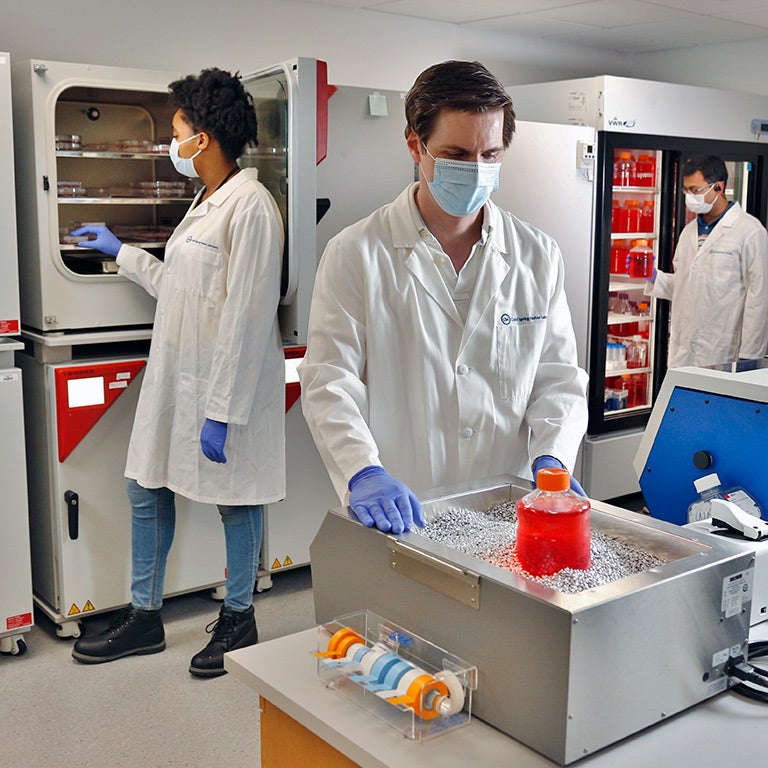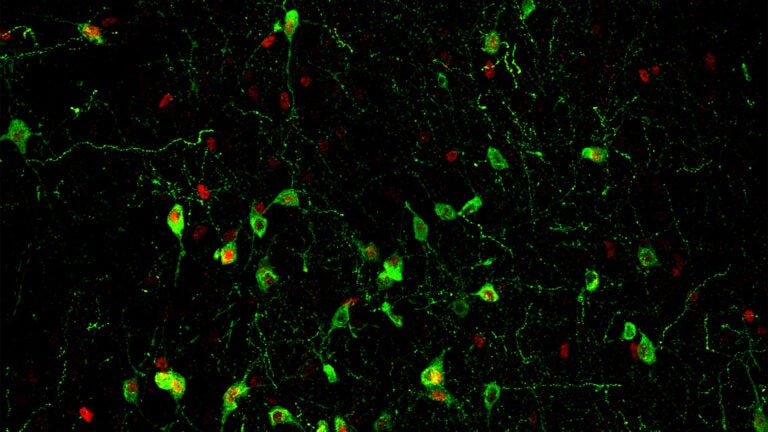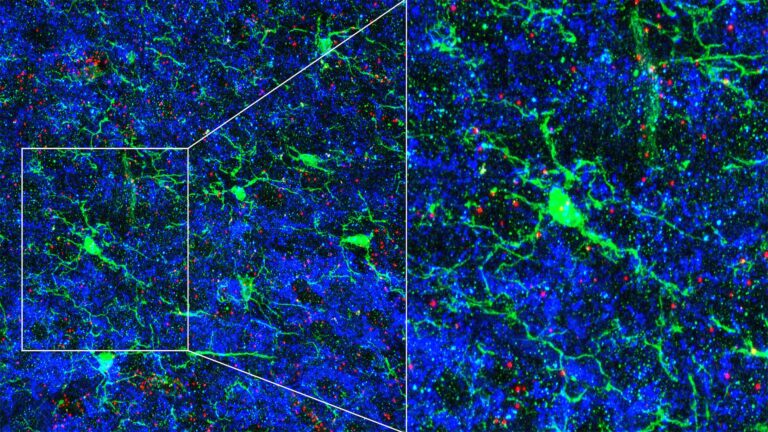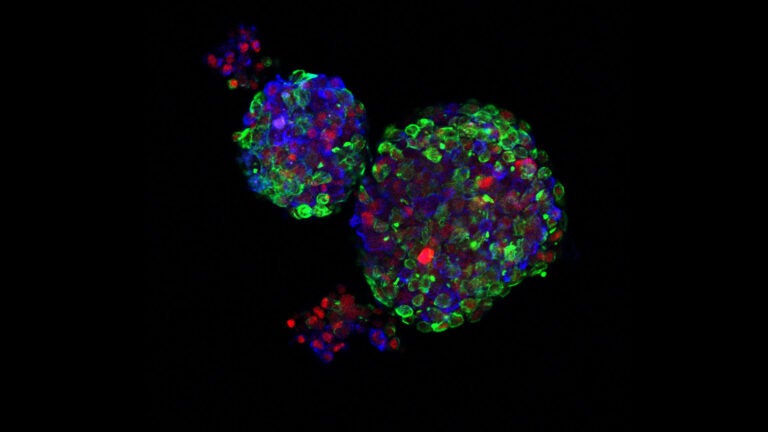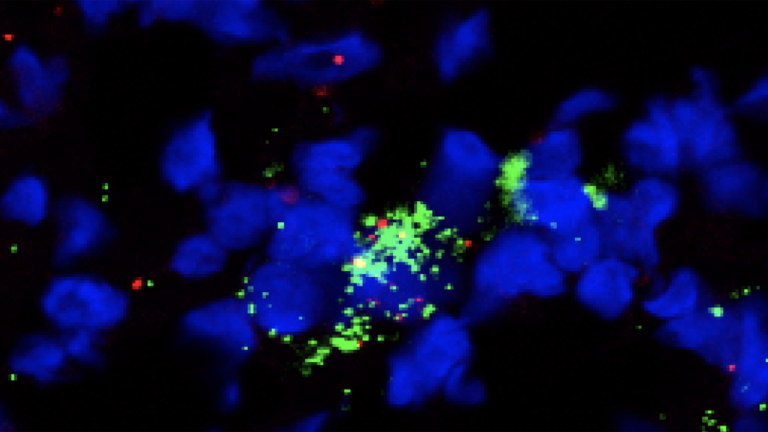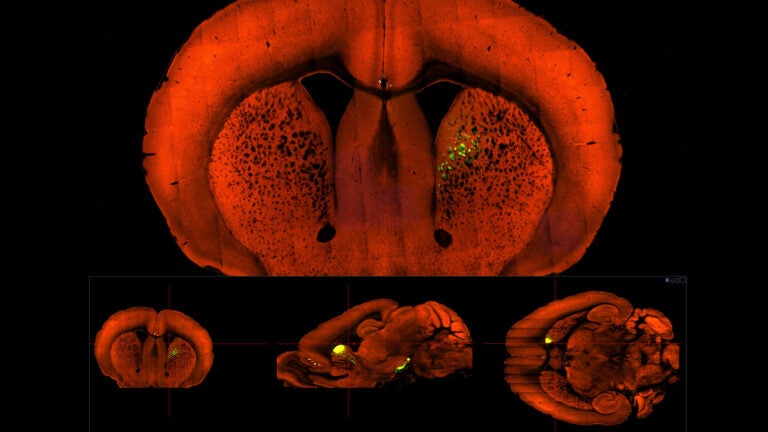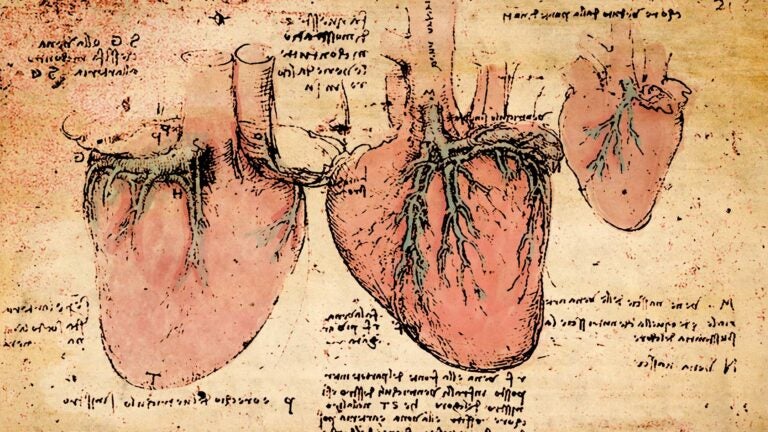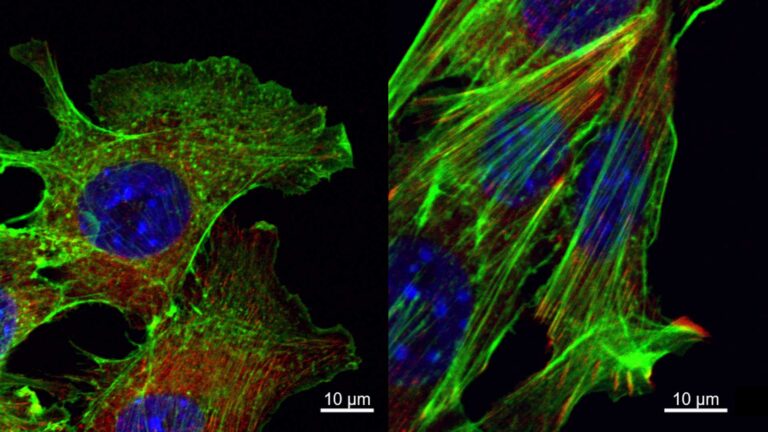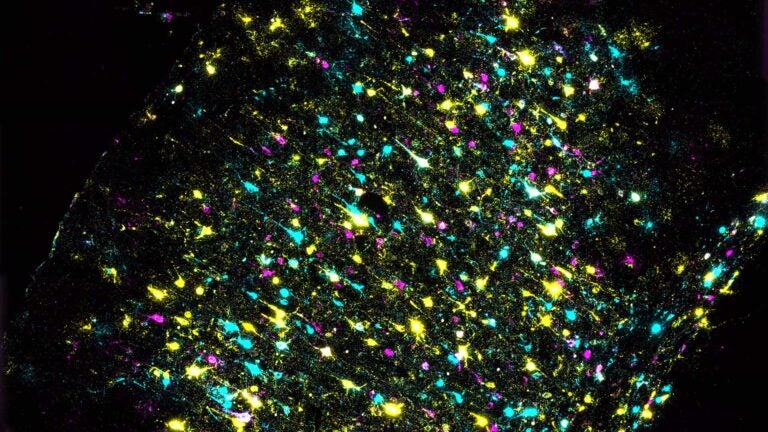CSHL ranked #1 innovator
Cold Spring Harbor Laboratory (CSHL) is ranked #1 on Innovation Impact’s Productivity Score among Pure Research/Health Care Institutions, as well as #1 for Patent Citations by the George W. Bush Presidential Center.
In their yearly report, “The Innovation Impact of U.S. Universities,” the Bush Center measures the innovations of American research institutions and highlights works from the top performers. CSHL was chosen as an institution that “illustrates the social benefits from cutting-edge research” through its basic research. The report highlights SPINRAZA®, the novel antisense oligonucleotide approved by the FDA for treating spinal muscular atrophy. It was developed by CSHL Professor Adrian Krainer.
CSHL was also ranked #1 in research output worldwide by the journal Nature in 2019, and has been named a Top Long Island Workplace two years in a row by Newsday.
Research highlights
Hundreds of scientists working in Cold Spring Harbor Laboratory’s 59 laboratory groups contributed to research that in 2020 was published in the world’s major research journals. Their efforts reflect the full spectrum of this institution’s scientific activity in cancer, neuroscience, genomics & quantitative biology, and plant biology. The following is a sampling of this year’s important findings.
Research area by funding
Research investigators (2020)
Semir Beyaz
Jeremy Borniger
Camila dos Santos
Mikala Egeblad
Douglas Fearon
Molly Gale Hammell
Thomas Gingeras
Christopher Hammell
Tobias Janowitz
Leemor Joshua-Tor
Adrian Krainer
Alexander Krasnitz
Je H. Lee
Michael Lukey
Rob Martienssen
W. Richard McCombie
Hannah Meyer
Alea A. Mills
Jason Sheltzer
Raffaella Sordella
David L. Spector
Arne Stenlund
Bruce Stillman
Nicholas Tonks
Lloyd Trotman
David Tuveson
Chris Vakoc
Linda Van Aelst
Michael Wigler
Lingbo Zhang
Practical applications of research
The Laboratory’s 130 years are rich with discoveries in biology and genetics that have had major impacts on society in human health, agricultural production, and the environment. Grounded in basic research, CSHL’s multi-disciplinary approach to cancer, neuroscience, genomics & quantitative biology, and plant biology continues to enhance our understanding of life.
The Office of Technology Transfer actively supports our scientists to partner with companies, investors and others in order to achieve this mission and make a positive impact on society. The Laboratory is engaged in technology transfer as one way of delivering important discoveries to the public.
Cancer
Understanding fundamental cellular processes that are the basis of life, and how they go wrong in cancer. Improving diagnosis and treatment of all major cancers: brain, breast, colon, leukemia, lung, lymphoma, melanoma, ovarian, pancreatic, and prostate.
Neuroscience
Exploring the brain to identify the neural networks involved in sensory processing, cognition, and decision-making. Providing insight into disorders such as Alzheimer’s, autism, schizophrenia, bipolar disorder, and depression.
Genomics & Quantitative Biology
Using cutting-edge technology to read the genome of organisms, tumors, or even single cells. Creating innovative data analysis tools to develop disease diagnostics and therapeutics.
Plant Biology
Investigating the mechanisms of plant development and genetics. Improving crop yields, increasing biodiversity, and developing biofuels.
